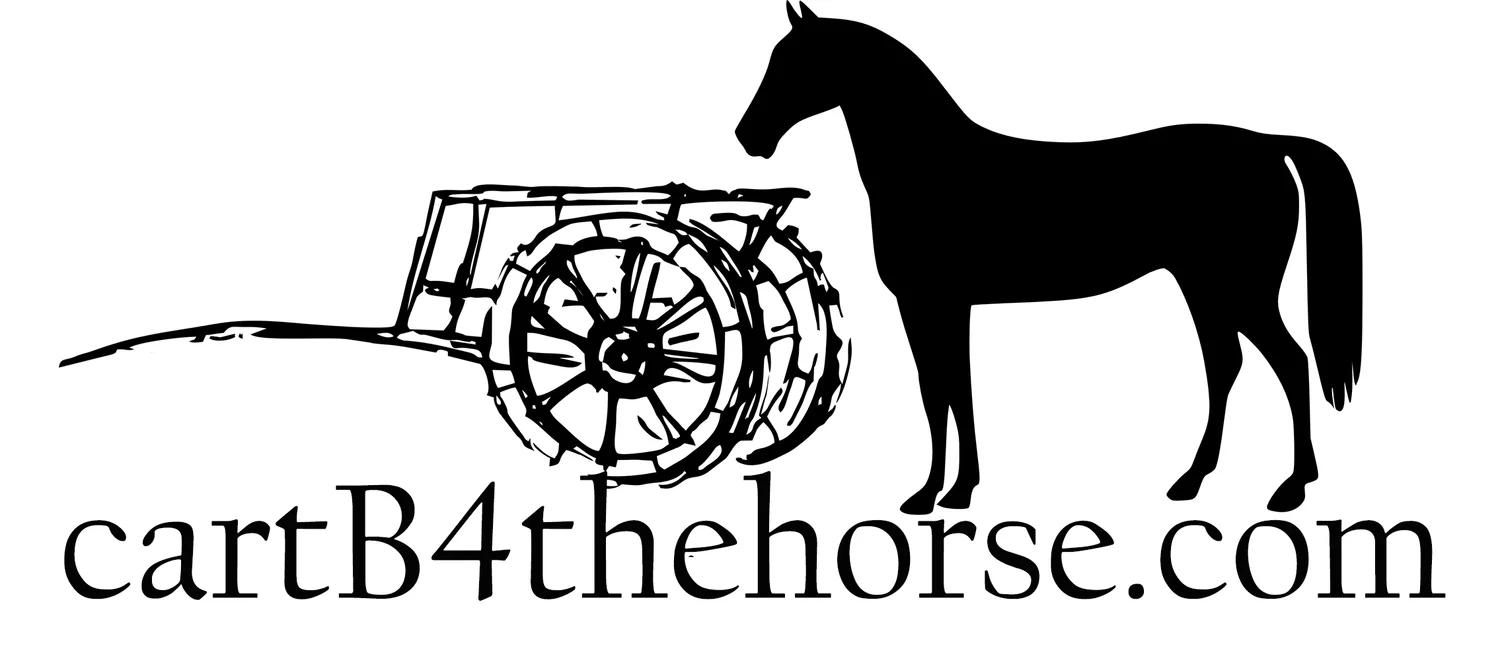The Recipe for Lemonade
/
Resilience: the ability to recover quickly from change or disappointment.
Everybody gets a dose of disappointment sometime. Our lives often turn on how we deal with it. When we get knocked down, do we stay down or do we rise? The voyageurs of La Salle: Expedition II needed resilience no less than the paddles that powered their canoes.
When moccasins gave out on the brutal Toronto portage, the men learned to cushion their footfall with a padding of grass in the sole. When Lake Michigan froze over, they stored canoes and walked. When the St. Joseph River closed up in the freezing temperatures, they built sledges to drag canoes over the snow. When trucks crashed into them, they determined to press on, walking whenever possible and taking buses when necessary to meet commitments.
The liaison team had its own set of problems. When they discovered that plans for restrooms and campgrounds had slipped between the cracks, the women knocked on doors for local assistance and marked front yards as depots. When landing sites were beyond sight lines, they jumped into the river to flag down the voyageurs. When the canoes stopped short or passed them by, the liaison team found the men again to deliver mail, pick up laundry or resupply foodstuffs.
Wind or snow that stopped the travelers became opportunities to talk with schoolchildren about French heritage or water conservation, to give another performance, or to speak with media representatives about the object of the long, difficult trip.
When rivers iced over in the cold and sledges became useless over land, 20th century voyageurs made due with their feet, marching in subzero weather and treacherous conditions 500 miles across three states.
“I had to learn . . . when my plans were shattered, to pick up the pieces,” said 1976 voyageur Steve Marr, whose leg was busted by a truck while the voyageurs portaged along the Kankakee River. “I had to learn not to live in the past or the future, to take things as they happened.”
The ability to bounce back is not only essential on the trail. It is a requirement of life. Sales people know that “no” is a cruel word. Schoolchildren know that “F” is a hurtful letter. But resilience brings with it fresh hope that every problem has a solution, that every difficulty is a new opportunity. With a bit of thought and effort, today’s “no” may be tomorrow’s “yes,” and today’s “F” may be tomorrow’s “A” if we don’t give up, if we seek answers, if we care to work either harder or smarter.
As the Founding Fathers put the finishing touch on the most resilient document in our history, Benjamin Franklin said to members of the Constitutional Convention that he often wondered if the sun carved on the back of his chair were a rising or setting sun. “But now at length,” he said, “I have the happiness to know that it is a rising and not a setting sun.” He understood that Patriot resilience formed the basis of success in the Constitution as it had in the Revolution, and that the hard work of the delegates, like the hard fighting of the Continental Army, had produced that resilience.
The cliché is that if life gives us lemons we should make lemonade. Part of the recipe for that lemonade is taking strength from examples of resilience and learning that progress lies as much in our attitude as in our aptitude.





